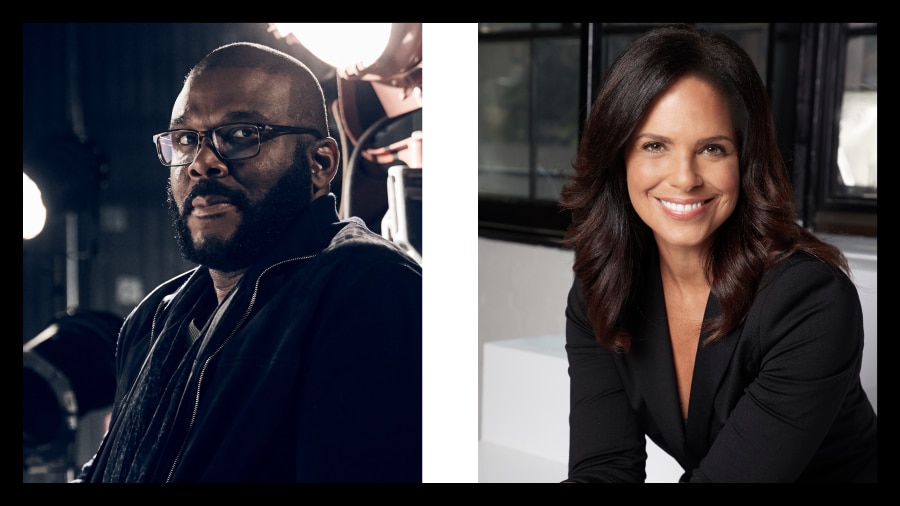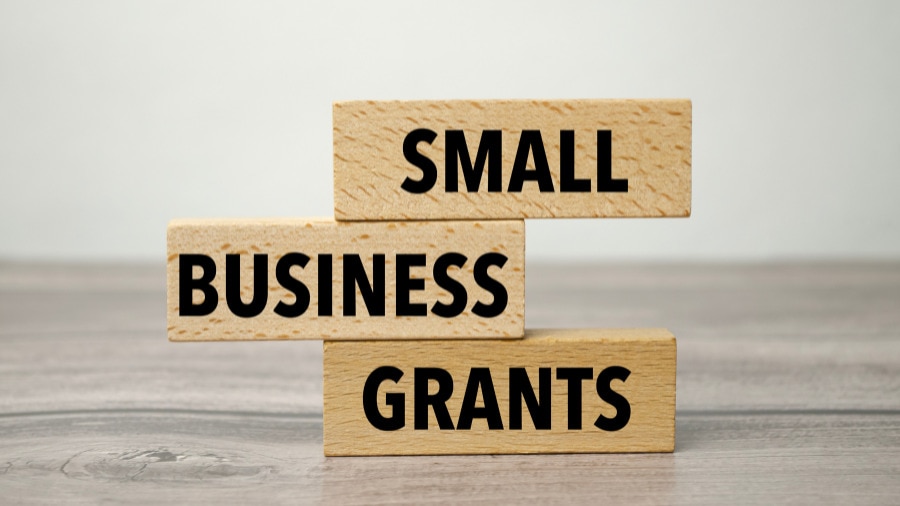Seeing members of the Black community create jobs and financially support one another is actor, director, and playwright Tyler Perry's biggest hope for entrepreneurs during Black History Month.
"As we are moving into how we bridge that [diversity] gap, it's got to be through us," Perry said. "We have the power to do it for ourselves. Every business you start. Every job you create. You are helping us to build that, in Hollywood and anywhere else."
Perry spoke directly to Black business owners gathered in Atlanta as well as thousands more watching the Intuit QuickBooks + Mailchimp Fireside Chat broadcast live online on Tuesday, February 13.
"What do I hope for young artists and entrepreneurs and people who are trying to be in business? It's this: ownership. We have the power to change within ourselves," Perry said. "My whole point is: Lean into what we have. Own what we have."
Best known for creating and performing the silver screen role of Madea, Perry’s talent has yielded a rare and lucrative deal in Hollywood: full ownership of his films, copyright and all. Those movies have grossed over a billion dollars worldwide throughout this career. In 2006, he founded Tyler Perry Studios, becoming the first Black person to solely own a major film production studio. Perry has grown it to be one of the largest film production studios in the U.S. — and he's still going. His unprecedented success has challenged the film industry’s assumptions about Black audiences and what the public wants to see on screen.
Journalist and entrepreneur Soledad O’Brien moderated the fireside chat, where Perry's perseverance, faith, and determination shone through.




